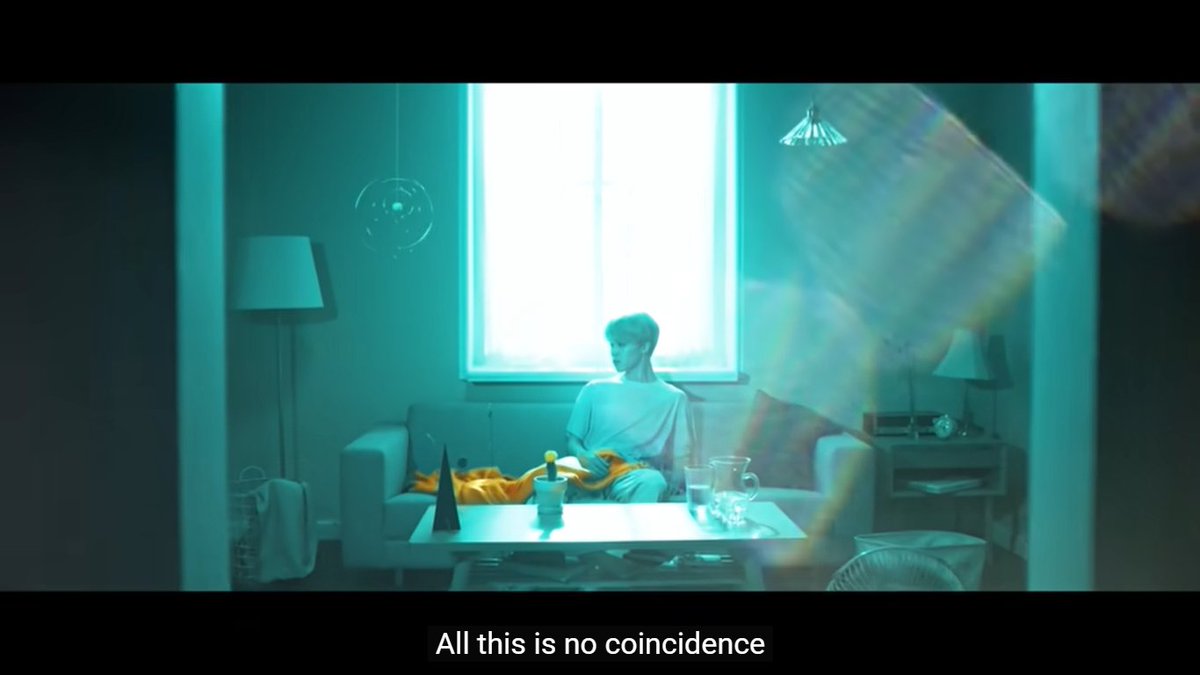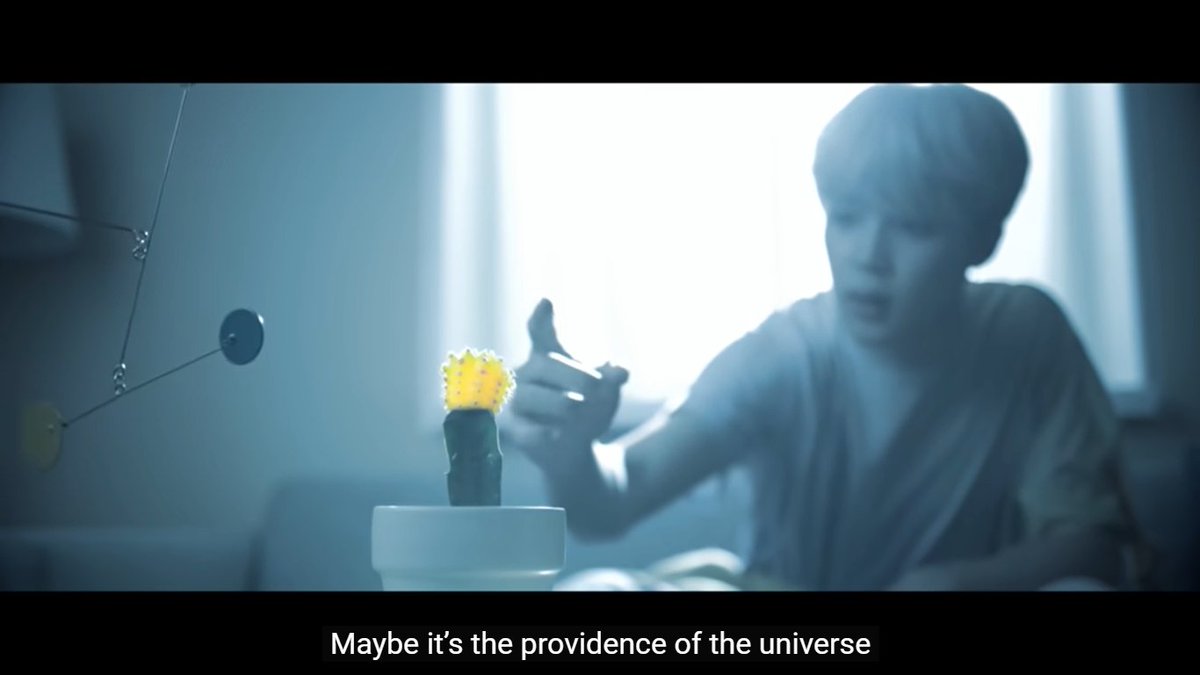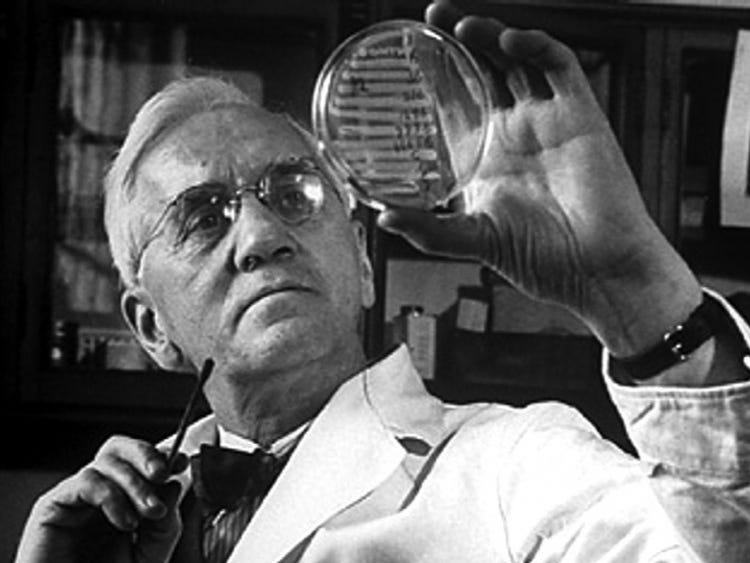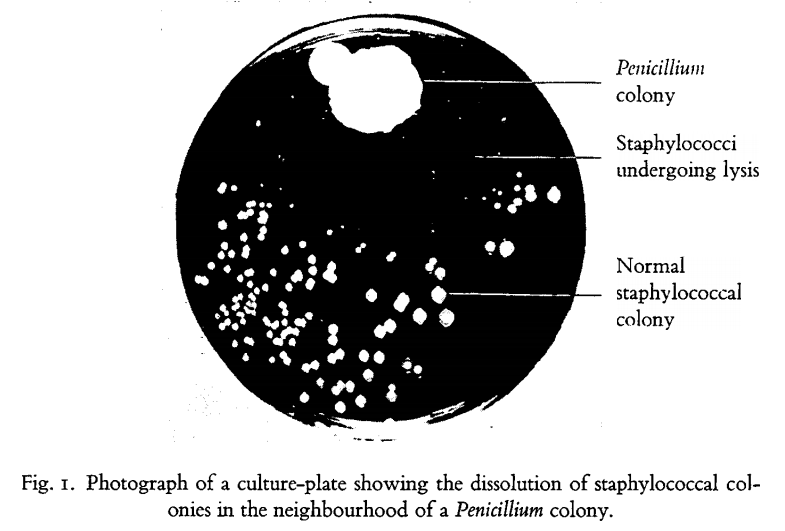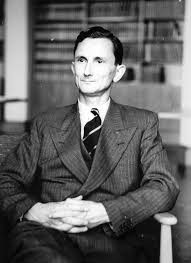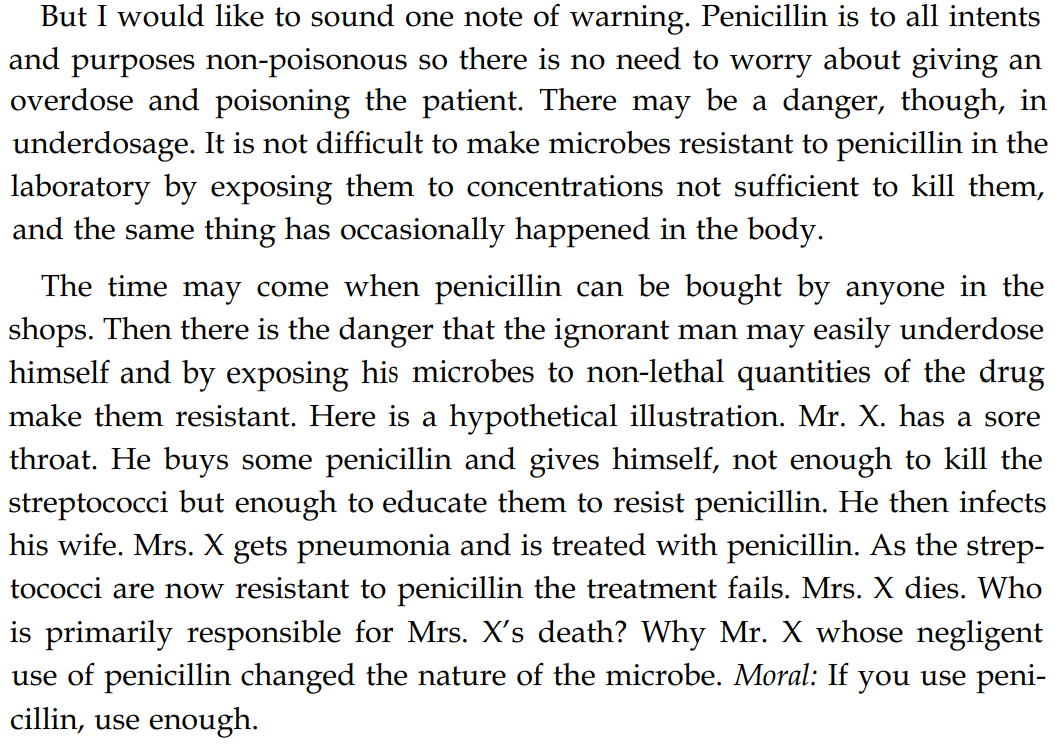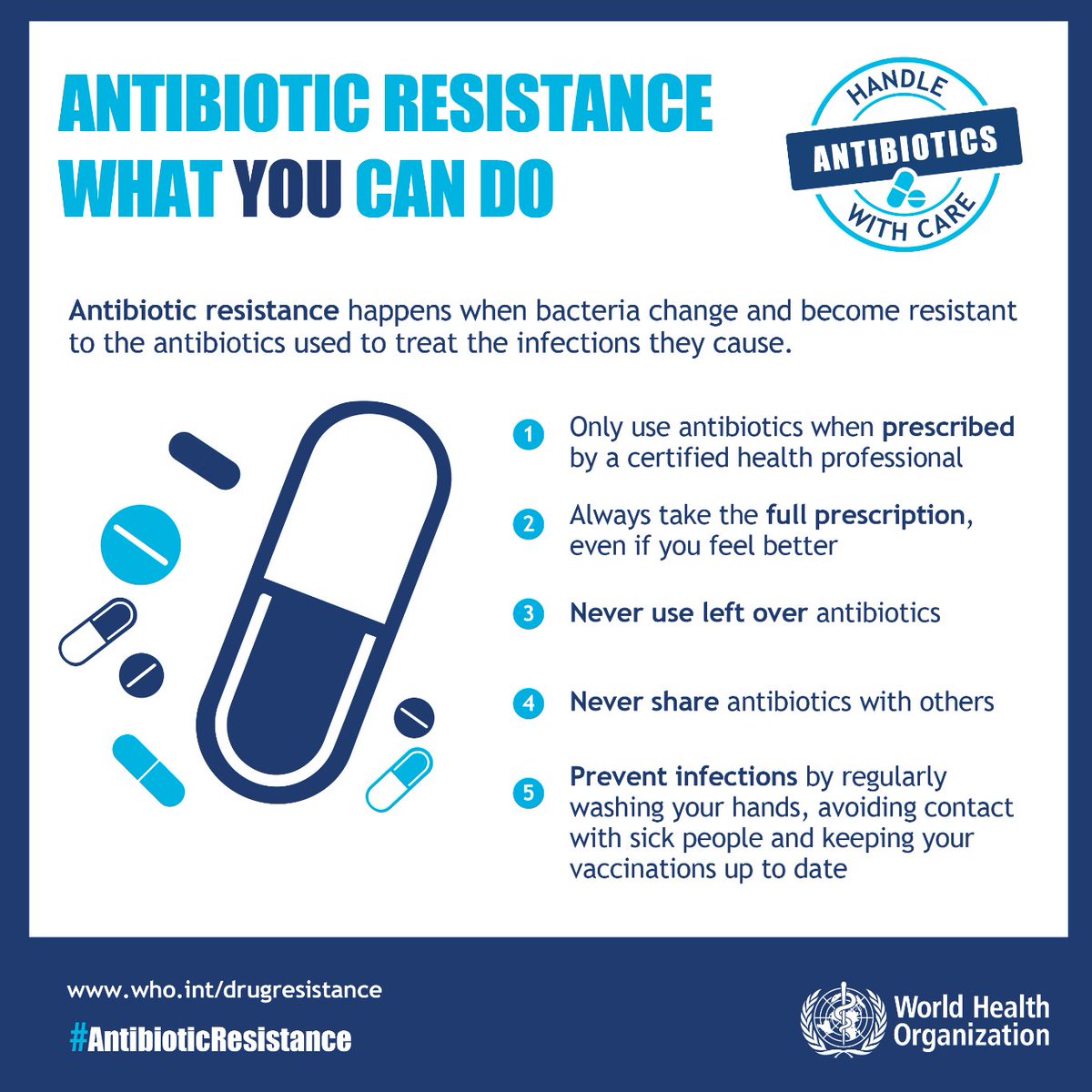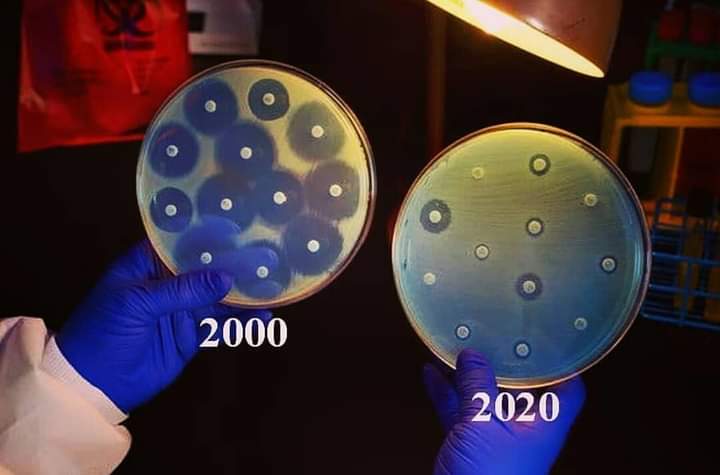Hello fellow #BTSARMY  https://abs.twimg.com/hashflags... draggable="false" alt="">! In celebration of #3YearsWithSerendipity, I’m here to offer a @BTS_twt #BTS
https://abs.twimg.com/hashflags... draggable="false" alt="">! In celebration of #3YearsWithSerendipity, I’m here to offer a @BTS_twt #BTS  https://abs.twimg.com/hashflags... draggable="false" alt=""> and #MedTwitter crossover thread in relation to blue mold/penicillium found in the lyrics. Hopefully this will be educational as well in raising awareness on #AntibioticResistance!
https://abs.twimg.com/hashflags... draggable="false" alt=""> and #MedTwitter crossover thread in relation to blue mold/penicillium found in the lyrics. Hopefully this will be educational as well in raising awareness on #AntibioticResistance!
Serendipity is the faculty or phenomenon of finding valuable or agreeable things not sought out for. Jimin’s song is about serendipitously finding love, as shown with lines such as “All this is no coincidence”, “providence of the universe”, and “the universe has moved for us.”
As someone from the medical/healthcare field, I would say it’s such a genius move to add the metaphor of blue mold/penicillium in the lyrics as its antibiotic property was serendipitously discovered by Alexander Fleming in September of 1928.
This discovery became a monumental development in the field of Medicine which saved thousands of lives. But how did the discovery and development of Penicillium go about?
Returning from holiday on September 3, 1928, Fleming began to sort through petri dishes containing colonies of Staphylococcus, bacteria that cause boils, sore throats and abscesses. He noticed something unusual on one dish.
It was dotted with colonies, save for one area where a blob of mold was growing. The zone immediately around the mold—later identified as a rare strain of Penicillium notatum—was clear, as if the mold had secreted something that inhibited bacterial growth.
Fleming found that his "mold juice" was capable of killing a wide range of harmful bacteria, such as streptococcus, meningococcus and the diphtheria bacillus.
He then set his assistants, Stuart Craddock and Frederick Ridley, the difficult task of isolating pure penicillin from the mold juice. It proved to be very unstable, and they were only able to prepare solutions of crude material to work with.
It was Howard Florey, Ernst Chain and their colleagues at the Sir William Dunn School of Pathology at Oxford University who turned penicillin from a laboratory curiosity into a life-saving drug.
Their work on the purification and chemistry of penicillin began in earnest in 1939, just when wartime conditions were beginning to make research especially difficult.
Meanwhile, biochemist Norman Heatley extracted penicillin from huge volumes of filtrate coming off the production line by extracting it into amyl acetate and then back into water, using a countercurrent system.
Edward Abraham, another biochemist who was employed to help step up production, then used the newly discovered technique of alumina column chromatography to remove impurities from the penicillin prior to clinical trials.
War-time conditions made industrial production of penicillin difficult. A number of British companies, including Glaxo (now GlaxoSmithKline) and Kemball Bishop, a London firm later bought by Pfizer, took up the challenge.
For the specifics of penicillium’s history, you can read more on the following here: https://www.acs.org/content/acs/en/education/whatischemistry/landmarks/flemingpenicillin.html">https://www.acs.org/content/a...
Strikingly enough, in Fleming’s Nobel prize acceptance speech, he warned on the use of antibiotics.
“But I would like to sound one note of warning. Penicillin is to all intents and purposes non-poisonous - there may be a danger, though, in underdosage.”
https://www.nobelprize.org/uploads/2018/06/fleming-lecture.pdf">https://www.nobelprize.org/uploads/2...
“But I would like to sound one note of warning. Penicillin is to all intents and purposes non-poisonous - there may be a danger, though, in underdosage.”
https://www.nobelprize.org/uploads/2018/06/fleming-lecture.pdf">https://www.nobelprize.org/uploads/2...
“The time may come when penicillin can be bought by anyone in the shops. Then there is the danger that the ignorant man may easily underdose himself and by exposing his microbes to non-lethal quantities of the drug make them resistant.”
"The unusual serendipity involved in the discovery of penicillin demonstrates the difficulties in finding new antibiotics and should remind health professionals to expertly manage these extraordinary medicines." https://www.ncbi.nlm.nih.gov/pmc/articles/PMC5403050/">https://www.ncbi.nlm.nih.gov/pmc/artic...
Fleming was not wrong when he warned us. According to @WHO, #AntibioticResistance “is rising to dangerously high levels in all parts of the world. New resistance mechanisms are emerging and spreading globally, threatening our ability to treat common infectious diseases."
"A growing list of infections – such as pneumonia, tuberculosis, blood poisoning, gonorrhoea, and foodborne diseases – are becoming harder, and sometimes impossible, to treat as antibiotics become less effective.” https://www.who.int/news-room/fact-sheets/detail/antibiotic-resistance">https://www.who.int/news-room...
What is #AntibioticResistance?
This happens when microorganisms such as bacteria and fungi develop the ability to be resistant against drugs that are usually used to treat infections caused by them. These microorganisms employ various molecular mechanisms to induce resistance.
This happens when microorganisms such as bacteria and fungi develop the ability to be resistant against drugs that are usually used to treat infections caused by them. These microorganisms employ various molecular mechanisms to induce resistance.
Why worry about #AntibioticResistance?
"Infections caused by antibiotic-resistant germs are difficult, and sometimes impossible, to treat" and "require extended hospital stays, additional follow-up doctor visits, and costly and toxic alternatives."
https://www.cdc.gov/drugresistance/about.html#:~:text=Antibiotic%20resistance%20happens%20when%20germs,and%20sometimes%20impossible%2C%20to%20treat.">https://www.cdc.gov/drugresis...
"Infections caused by antibiotic-resistant germs are difficult, and sometimes impossible, to treat" and "require extended hospital stays, additional follow-up doctor visits, and costly and toxic alternatives."
https://www.cdc.gov/drugresistance/about.html#:~:text=Antibiotic%20resistance%20happens%20when%20germs,and%20sometimes%20impossible%2C%20to%20treat.">https://www.cdc.gov/drugresis...
What are the various causes of #AntibioticResistance? @WHO provides an excellent pubmat on the causes of this phenomenon.
As an individual, there are various ways in which you can help prevent #AntibioticResistance. I highly encourage everyone to strictly follow these.
When I was a Medical Technology/Medical Laboratory Scientist intern, we deal with cultures such as these. This picture shows how ineffective antibiotics are to current infections. A less clearing zone means more resistance to antibiotics.
As a clinical clerk, I have encountered patients wherein almost no drugs are effective for their infection. I remember how this certain patient& #39;s family has to spend thousands of money just to buy the one sole drug effective for the patient; however, the patient passed away.
In this time of pandemic, I wish everyone to be careful with their use of antibiotics. A simple cold can be solved even without antibiotics. However, to be more cautious, it& #39;s better to seek consult to your nearby physician.
Aside from that, I cannot stress enough the importance of proper hand washing, social distancing, and wearing of personal protective equipment during this time.
In this thread of mine, I hope everyone was informed about the proper use of antibiotics and what we can do to stop #AntibioticResistance
i know this thread is actually self-indulgent bc i barely see #MedTwitter related contents with bangtan @BTS_twt so i made this lmao
also remember to love yourself and stream serendipity!! https://open.spotify.com/track/5cQB9fbuQCz4muQUFkv3rR?si=_QgvpJvyS3OKLGqH8qCt0A">https://open.spotify.com/track/5cQ...
also remember to love yourself and stream serendipity!! https://open.spotify.com/track/5cQB9fbuQCz4muQUFkv3rR?si=_QgvpJvyS3OKLGqH8qCt0A">https://open.spotify.com/track/5cQ...
this is probably the end of my thread, thank u so much for taking time to read it
also remember to stream dynamite!! https://open.spotify.com/track/0t1kP63rueHleOhQkYSXFY?si=zcNgDIOtRwCo39PvZmbkxg">https://open.spotify.com/track/0t1...
also remember to stream dynamite!! https://open.spotify.com/track/0t1kP63rueHleOhQkYSXFY?si=zcNgDIOtRwCo39PvZmbkxg">https://open.spotify.com/track/0t1...
okay this will really be the end of my thread but i just love this bc yes to science
#MedTwitter https://abs.twimg.com/emoji/v2/... draggable="false" alt="🤝" title="Handschlag" aria-label="Emoji: Handschlag"> @BTS_twt https://twitter.com/physicsJ/status/1300110277073985536?s=19">https://twitter.com/physicsJ/...
https://abs.twimg.com/emoji/v2/... draggable="false" alt="🤝" title="Handschlag" aria-label="Emoji: Handschlag"> @BTS_twt https://twitter.com/physicsJ/status/1300110277073985536?s=19">https://twitter.com/physicsJ/...
#MedTwitter

 Read on Twitter
Read on Twitter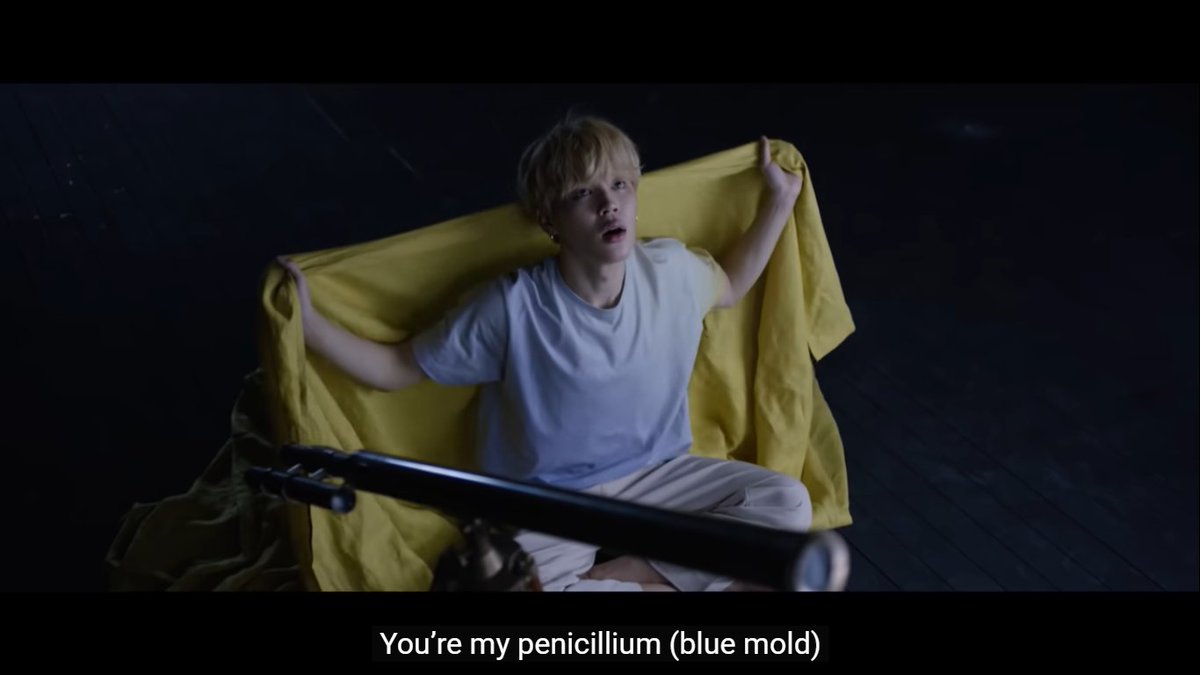 ! In celebration of #3YearsWithSerendipity, I’m here to offer a @BTS_twt #BTS https://abs.twimg.com/hashflags... draggable="false" alt=""> and #MedTwitter crossover thread in relation to blue mold/penicillium found in the lyrics. Hopefully this will be educational as well in raising awareness on #AntibioticResistance!" title="Hello fellow #BTSARMY https://abs.twimg.com/hashflags... draggable="false" alt="">! In celebration of #3YearsWithSerendipity, I’m here to offer a @BTS_twt #BTS https://abs.twimg.com/hashflags... draggable="false" alt=""> and #MedTwitter crossover thread in relation to blue mold/penicillium found in the lyrics. Hopefully this will be educational as well in raising awareness on #AntibioticResistance!">
! In celebration of #3YearsWithSerendipity, I’m here to offer a @BTS_twt #BTS https://abs.twimg.com/hashflags... draggable="false" alt=""> and #MedTwitter crossover thread in relation to blue mold/penicillium found in the lyrics. Hopefully this will be educational as well in raising awareness on #AntibioticResistance!" title="Hello fellow #BTSARMY https://abs.twimg.com/hashflags... draggable="false" alt="">! In celebration of #3YearsWithSerendipity, I’m here to offer a @BTS_twt #BTS https://abs.twimg.com/hashflags... draggable="false" alt=""> and #MedTwitter crossover thread in relation to blue mold/penicillium found in the lyrics. Hopefully this will be educational as well in raising awareness on #AntibioticResistance!">
 ! In celebration of #3YearsWithSerendipity, I’m here to offer a @BTS_twt #BTS https://abs.twimg.com/hashflags... draggable="false" alt=""> and #MedTwitter crossover thread in relation to blue mold/penicillium found in the lyrics. Hopefully this will be educational as well in raising awareness on #AntibioticResistance!" title="Hello fellow #BTSARMY https://abs.twimg.com/hashflags... draggable="false" alt="">! In celebration of #3YearsWithSerendipity, I’m here to offer a @BTS_twt #BTS https://abs.twimg.com/hashflags... draggable="false" alt=""> and #MedTwitter crossover thread in relation to blue mold/penicillium found in the lyrics. Hopefully this will be educational as well in raising awareness on #AntibioticResistance!">
! In celebration of #3YearsWithSerendipity, I’m here to offer a @BTS_twt #BTS https://abs.twimg.com/hashflags... draggable="false" alt=""> and #MedTwitter crossover thread in relation to blue mold/penicillium found in the lyrics. Hopefully this will be educational as well in raising awareness on #AntibioticResistance!" title="Hello fellow #BTSARMY https://abs.twimg.com/hashflags... draggable="false" alt="">! In celebration of #3YearsWithSerendipity, I’m here to offer a @BTS_twt #BTS https://abs.twimg.com/hashflags... draggable="false" alt=""> and #MedTwitter crossover thread in relation to blue mold/penicillium found in the lyrics. Hopefully this will be educational as well in raising awareness on #AntibioticResistance!">
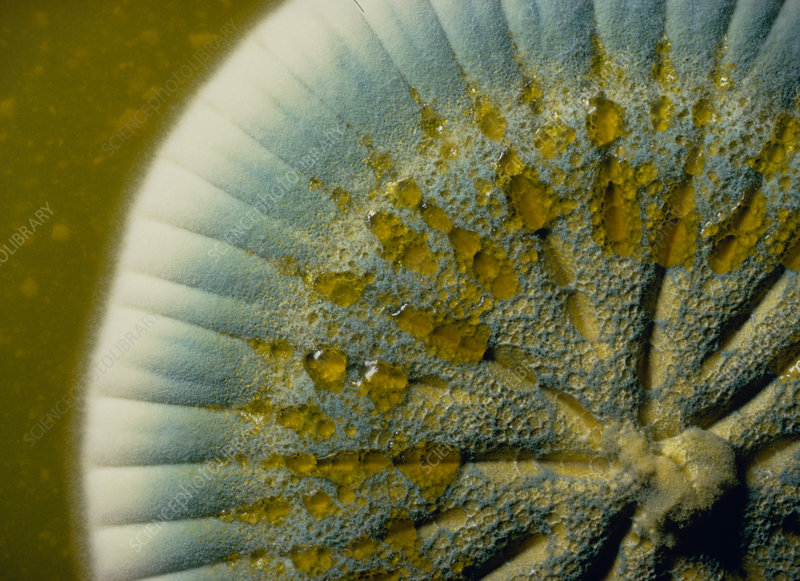 ! In celebration of #3YearsWithSerendipity, I’m here to offer a @BTS_twt #BTS https://abs.twimg.com/hashflags... draggable="false" alt=""> and #MedTwitter crossover thread in relation to blue mold/penicillium found in the lyrics. Hopefully this will be educational as well in raising awareness on #AntibioticResistance!" title="Hello fellow #BTSARMY https://abs.twimg.com/hashflags... draggable="false" alt="">! In celebration of #3YearsWithSerendipity, I’m here to offer a @BTS_twt #BTS https://abs.twimg.com/hashflags... draggable="false" alt=""> and #MedTwitter crossover thread in relation to blue mold/penicillium found in the lyrics. Hopefully this will be educational as well in raising awareness on #AntibioticResistance!">
! In celebration of #3YearsWithSerendipity, I’m here to offer a @BTS_twt #BTS https://abs.twimg.com/hashflags... draggable="false" alt=""> and #MedTwitter crossover thread in relation to blue mold/penicillium found in the lyrics. Hopefully this will be educational as well in raising awareness on #AntibioticResistance!" title="Hello fellow #BTSARMY https://abs.twimg.com/hashflags... draggable="false" alt="">! In celebration of #3YearsWithSerendipity, I’m here to offer a @BTS_twt #BTS https://abs.twimg.com/hashflags... draggable="false" alt=""> and #MedTwitter crossover thread in relation to blue mold/penicillium found in the lyrics. Hopefully this will be educational as well in raising awareness on #AntibioticResistance!">
